In the News
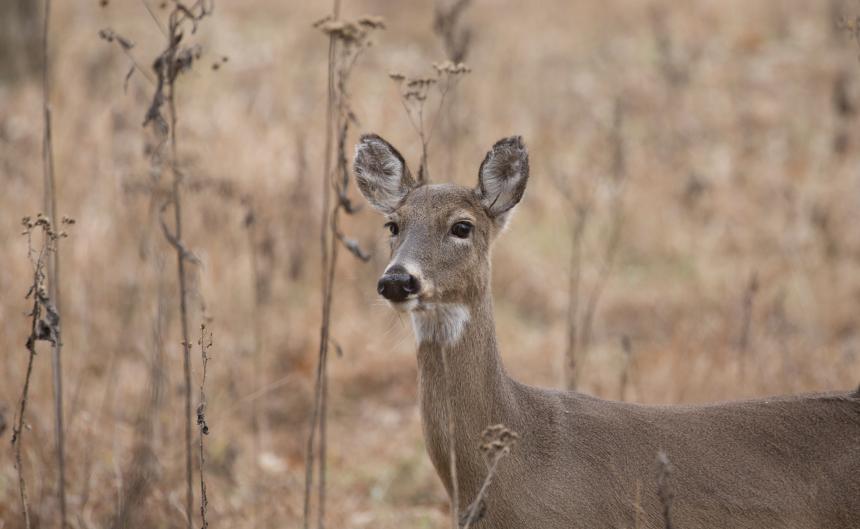
October 24, 2023
Cornell's Krysten Schuler comments on how chronic-wasting disease spreads in deer and the importance of monitoring the disease through surveillance.

Video
October 23, 2023
In this eCornell webinar, Dr. Steve Osofsky, Dr. Krysten Schuler, and Dr. Jennifer Bloodgood of the Cornell Wildlife Health Center at the Cornell College of Veterinary Medicine share their experiences from the field and the lab to illustrate how the health of wildlife and our own health are inextricably linked.
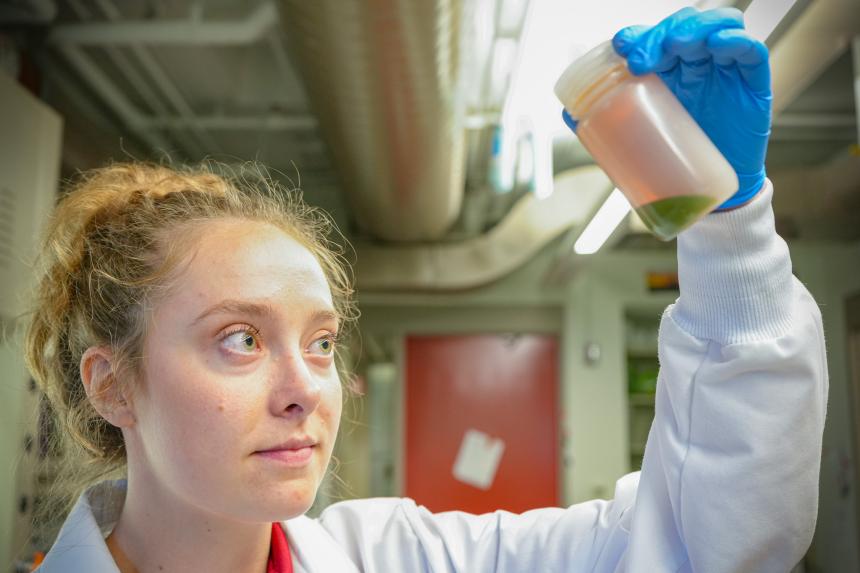
Blog
August 25, 2023
This past spring, Cornell veterinary student Amanda Bielecki, DVM '25, gave an oral presentation at the 79th Annual Northeast Association of Fish and Wildlife Agencies conference about lead exposure in bobcats and fishers.
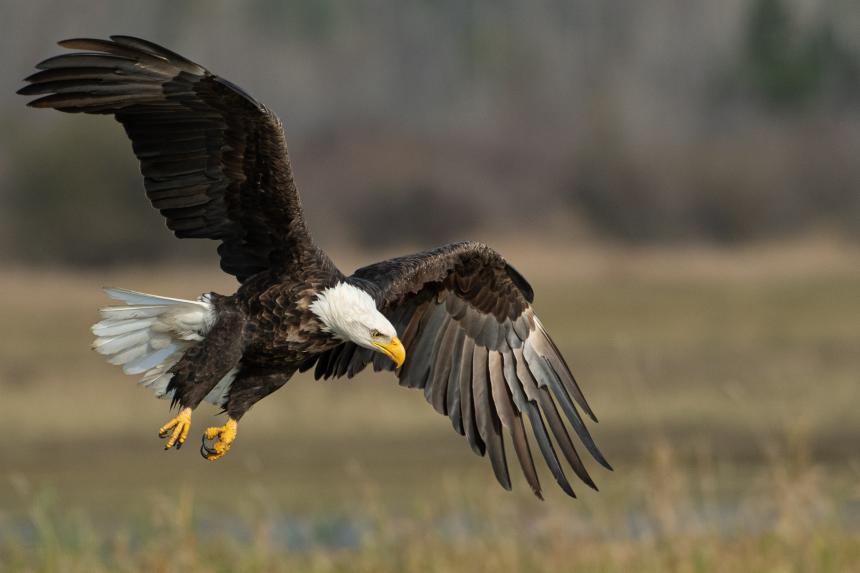
For Your Information
June 13, 2023
While the recent population recovery of bald eagles in New York State is a conservation success, evidence from necropsies suggest that ingested lead from ammunition fragments is causing morbidity and mortality to wild eagles.
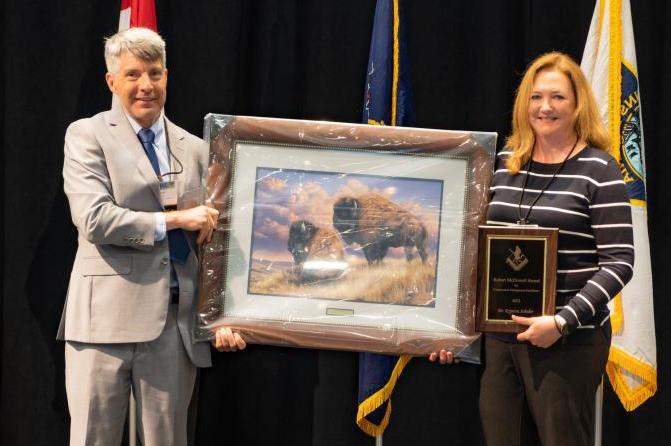
May 17, 2023
Congratulations to Cornell's Dr. Krysten Schuler, who received the highest honor from the Northeast Association of Fish and Wildlife Agencies—The Robert McDowell Award for Conservation Management Excellence.
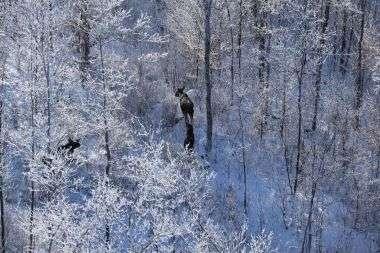
March 02, 2023
Cornell scientists have been part of a multiphase project looking at factors influencing reproductive and survival rates of adult moose, availability of moose habitat and population estimates.
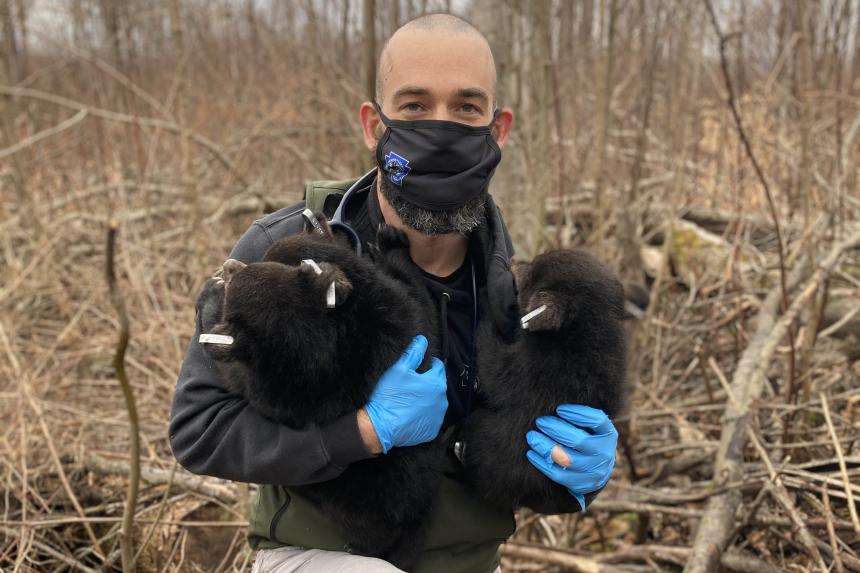
News
February 08, 2023
Dr. Andrew Di Salvo had always been interested in wildlife and enjoyed being outdoors. He first considered a career in wildlife veterinary medicine while working as a park ranger in New York City before veterinary school....

February 03, 2023
A study led by Cornell researchers found that white-tailed deer – the most abundant large mammal in North America – are harboring SARS-CoV-2 variants that once widely circulated but are no longer found in humans.

December 12, 2022
Cornell Animal Science major Genesis Contreras ’24 needed her service dog to keep her safe while working with the Cornell Wildlife Health Lab, but Nugget, a 4-year-old beagle, needed to be safe as well. A team across Cornell found a solution: "doggles."

November 07, 2022
In October 2022, CVM's Department of Public and Ecosystem Health held its first departmental symposium, which featured faculty and staff presentations, a student poster session and a panel discussion.
